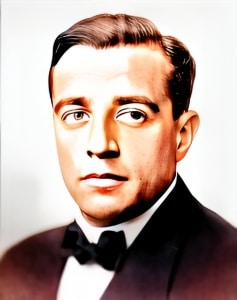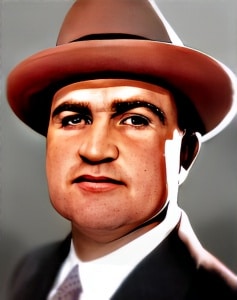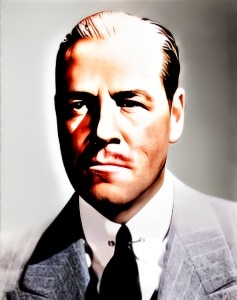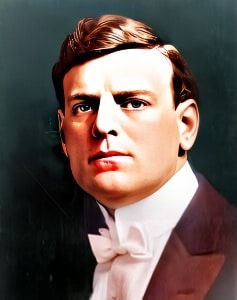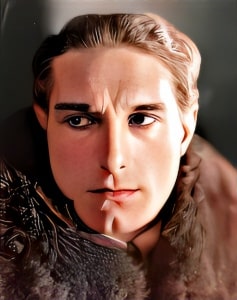 Charles De Rochefort (1873-1933) was a French actor, director, and playwright who made significant contributions to the world of theater and film during the late 19th and early 20th centuries.
Charles De Rochefort (1873-1933) was a French actor, director, and playwright who made significant contributions to the world of theater and film during the late 19th and early 20th centuries.
Born on April 28, 1873, in Paris, France, he became known for his versatile talents and his impact on the entertainment industry, both on and off the stage.
De Rochefort’s early career began in the theater, where he worked as a playwright, director, and actor. His contributions to the theater world allowed him to develop a deep understanding of stagecraft and storytelling.
In the late 19th century, De Rochefort transitioned to silent films, where he quickly established himself as a notable actor. His stage experience served as a strong foundation for his work on the silver screen, allowing him to excel in conveying emotion and character depth, even without spoken dialogue.
One of his early film appearances was in the silent drama “L’Assommoir” (1909), directed by Albert Capellani. The film was based on Émile Zola’s novel and showcased De Rochefort’s dramatic acting skills. As the film industry continued to grow, he found himself at the forefront of this burgeoning art form.
Throughout the silent film era, Charles De Rochefort’s ability to bring complex characters to life on screen was highly regarded. He portrayed a wide range of roles in various genres, including drama, comedy, and historical films. His ability to connect with audiences, even without spoken words, made him a respected and beloved figure in French cinema.
De Rochefort’s work as an actor was not limited to the silent screen. He also ventured into directing, adding another layer to his versatile career. His understanding of storytelling and the nuances of character development from his theater background enriched his work as both an actor and a director in the early days of cinema.
One of his notable directorial efforts was “Le mariage forcé” (1911), based on a comedy by Molière. His skillful direction and performance in the film demonstrated his ability to successfully adapt classic stage plays to the cinematic medium.
As sound films became the standard in the late 1920s and early 1930s, some actors faced challenges adapting to the new technology. While the transition was difficult for some, De Rochefort continued to work in the evolving industry, proving his adaptability and enduring dedication to the art of filmmaking.
Charles De Rochefort’s career spanned the transition from the silent film era to sound films, showcasing his ability to adapt and remain relevant in an ever-changing industry. His work, both as an actor and director, is celebrated for its emotional depth and storytelling prowess, as well as its contributions to the early days of French cinema.
He passed away on June 3, 1933, leaving behind a legacy of impactful work in theater and film. Charles De Rochefort’s versatile talents, deep understanding of storytelling, and adaptability continue to be appreciated and celebrated by film enthusiasts and scholars, making him an enduring figure in the history of French cinema.
Loading live eBay listings...

